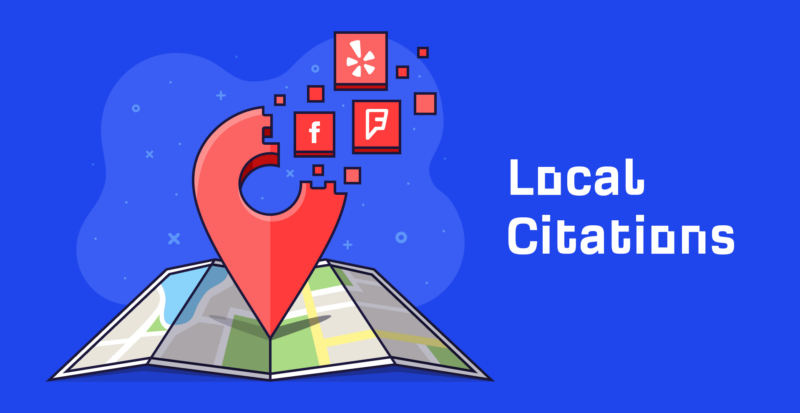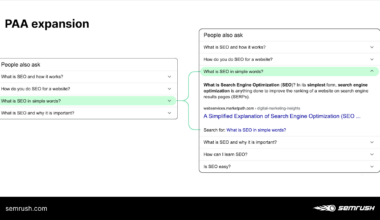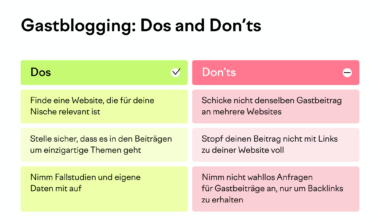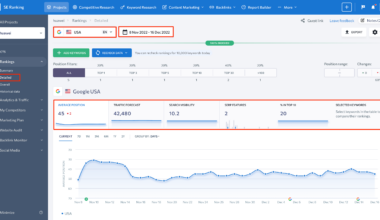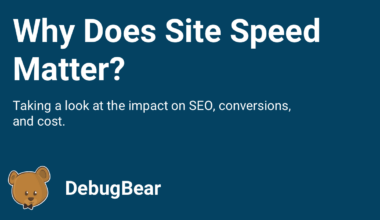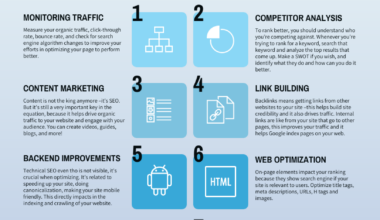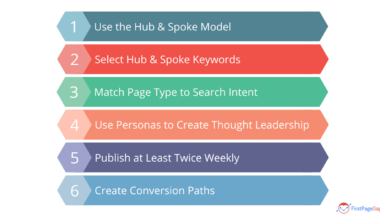Introduction to Local Citations for SEO
As a business owner, your ultimate goal is to reach out to your target audience and increase your sales. With the rise of digital marketing, it has become easier to reach out to potential customers. However, with so many businesses competing for the same audience, it is important to have a strong online presence. This is where local citations come into play.
Local citations refer to online mentions of your business name, address, and phone number (NAP) information. These citations can appear on various online platforms such as directories, review sites, and social media platforms. Local citations are important for businesses because they help improve their search engine rankings, which in turn increases their visibility to potential customers.
When search engines crawl the web, they look for NAP consistency across different online platforms. A consistent NAP helps search engines identify your business and its location, which in turn helps improve your search engine rankings. Inconsistencies in your NAP can lead to confusion for search engines and potential customers, which can negatively impact your search engine rankings.
Selecting the right citation sources is also important. Citation sources should have high authority and relevancy to your business. High authority citation sources can help improve your search engine rankings, while relevant citation sources can increase your visibility to potential customers. There are various online tools available that can help you identify the best citation sources for your business.
In addition to selecting the right citation sources, optimizing your citations for local keywords is also important. Local keywords are keywords that include your business location. For example, if you own a bakery in New York City, your local keywords could include “bakery in New York City” or “best bakery in New York City”. Including these keywords in your citations can help improve your search engine rankings for these keywords.
Monitoring and managing your citations is also important. You should regularly check for inconsistencies in your NAP information and update it when necessary. You should also monitor your citations for any negative reviews or comments and respond to them appropriately.
In conclusion, local citations are an important aspect of SEO for businesses. A consistent NAP, selecting relevant citation sources, optimizing citations for local keywords, and monitoring and managing citations are all important for a successful local citation strategy. By implementing these strategies, businesses can improve their search engine rankings and increase their visibility to potential customers.
Importance of Consistent NAP Information
One of the most important aspects of creating local citations for SEO is ensuring that your NAP information is consistent across all platforms. NAP stands for Name, Address, and Phone number, and it is essential for potential customers to be able to find this information easily.
Consistent NAP information helps search engines identify your business and its location, which in turn helps improve your search engine rankings. When search engines crawl the web and find discrepancies in your NAP information, it can lead to confusion and negatively impact your search engine rankings.
To ensure consistency in your NAP information, follow these tips:
1. Keep your business name consistent: Use the exact same name across all platforms, including abbreviations or variations. For example, if your business name is “Joe’s Pizza,” make sure it is spelled the same way on all platforms.
2. Use the same address format: Use the same address format across all platforms, including the use of abbreviations such as “St.” or “Ave.”
3. Use a consistent phone number: Use the same phone number across all platforms, including the use of dashes or parentheses.
4. Check for inconsistencies regularly: Regularly check all your citations to ensure that your NAP information is consistent. You can use online tools such as Moz Local or BrightLocal to check for inconsistencies.
By ensuring consistency in your NAP information, you can improve your search engine rankings and increase your visibility to potential customers. In addition, it helps to build trust with your customers, as they can easily find your business information and contact you if necessary.
In conclusion, consistent NAP information is essential for a successful local citation strategy. By following the tips above and monitoring your citations regularly, you can improve your search engine rankings and increase your visibility to potential customers.
Selecting Relevant Citation Sources
Selecting the right citation sources is crucial for a successful local citation strategy. Citation sources should have high authority and relevancy to your business. High authority citation sources can help improve your search engine rankings, while relevant citation sources can increase your visibility to potential customers. Here are some tips for selecting relevant citation sources:
1. Research your competitors: Look at your competitors’ citation sources and see where they are listed. This can give you an idea of where to start and which citation sources are relevant to your business.
2. Use online tools: There are various online tools available that can help you identify the best citation sources for your business. Tools such as WhiteSpark and BrightLocal can help you find citation sources based on your location and industry.
3. Check your industry associations: Industry associations often have directories where members can list their businesses. These directories can be a great source of relevant citation sources.
4. Local directories: Local directories such as Yelp and YellowPages can also be a great source of relevant citation sources. Make sure to list your business in these directories and ensure that your NAP information is consistent.
5. Social media platforms: Social media platforms such as Facebook, Twitter, and LinkedIn can also be used as citation sources. Make sure to list your business on these platforms and ensure that your NAP information is consistent.
It is important to note that selecting too many citation sources can be counterproductive. Focus on selecting high authority and relevant citation sources that are most valuable to your business. This will help improve your search engine rankings and increase your visibility to potential customers.
In conclusion, selecting relevant citation sources is an important aspect of creating local citations for SEO. By using online tools, checking your industry associations, local directories, and social media platforms, you can identify the best citation sources for your business. By focusing on high authority and relevant citation sources, you can improve your search engine rankings and increase your visibility to potential customers.
Optimizing Citations for Local Keywords
Optimizing your citations for local keywords is an essential aspect of local citation strategy. Local keywords are keywords that include your business location and are often used by potential customers to find businesses in their area.
Here are some tips for optimizing your citations for local keywords:
1. Conduct keyword research: Use online tools such as Google Keyword Planner or SEMrush to identify local keywords relevant to your business. Look for keywords with high search volume and low competition.
2. Include keywords in your business description: When creating your business description for citation sources, include your local keywords naturally. Do not stuff your description with too many keywords, as this can negatively impact your search engine rankings.
3. Use accurate categories: Citation sources often allow you to select categories that describe your business. Make sure to select the most accurate categories that include your local keywords.
4. Include keywords in your business name: If possible, include your local keywords in your business name. For example, if you own a bakery in New York City, your business name could be “New York City Bakery.”
5. Use consistent NAP information: As discussed earlier, consistent NAP information is essential for a successful local citation strategy. Make sure to include your local keywords in your NAP information and ensure that it is consistent across all platforms.
By optimizing your citations for local keywords, you can improve your search engine rankings for these keywords and increase your visibility to potential customers. However, it is important to note that over-optimization can negatively impact your search engine rankings. Therefore, focus on including your local keywords naturally and without over-stuffing them into your citations.
In conclusion, optimizing your citations for local keywords is an important aspect of local citation strategy. By conducting keyword research, including keywords in your business description and name, using accurate categories, and ensuring consistent NAP information, you can improve your search engine rankings for local keywords and increase your visibility to potential customers.
Monitoring and Managing Citations
Once you have created local citations for your business, it is important to regularly monitor and manage them. This ensures that your NAP information is consistent, your citations are accurate, and any negative reviews or comments are addressed appropriately. Here are some tips for monitoring and managing your citations:
1. Set up alerts: Set up alerts on Google Alerts or other monitoring tools to receive notifications when your business is mentioned online. This allows you to quickly respond to any new citations or reviews.
2. Check for consistency: Regularly check all your citations to ensure that your NAP information is consistent. Inconsistencies can negatively impact your search engine rankings and confuse potential customers.
3. Update information: If you have changed your business name, address, or phone number, make sure to update it on all your citations. Inaccurate information can lead to negative reviews and confusion for potential customers.
4. Respond to reviews: Respond to all reviews, both positive and negative, in a professional and timely manner. This shows that you value customer feedback and are committed to providing excellent customer service.
5. Claim and verify listings: Claim and verify your listings on citation sources to ensure that you have control over your business information. This allows you to update your information and respond to reviews more effectively.
By monitoring and managing your citations, you can ensure that your NAP information is consistent, your citations are accurate, and any negative reviews or comments are addressed appropriately. This helps to build trust with your customers and improve your search engine rankings.
In conclusion, monitoring and managing your citations is an important aspect of local citation strategy. By setting up alerts, checking for consistency, updating information, responding to reviews, and claiming and verifying listings, you can ensure that your citations are accurate and effective in reaching your target audience.
Final Thought on Local Citation Strategy
Creating local citations for SEO is an essential aspect of digital marketing for businesses. By following the tips mentioned in this article, businesses can improve their search engine rankings and increase their visibility to potential customers. However, it is important to note that local citation strategy is an ongoing process that requires regular monitoring and management.
To ensure that your local citation strategy is effective, make sure to:
1. Regularly monitor and manage your citations to ensure consistency and accuracy.
2. Focus on high authority and relevant citation sources that are most valuable to your business.
3. Include local keywords naturally in your citations without over-optimizing.
4. Respond to reviews in a professional and timely manner to build trust with your customers.
5. Use online tools to identify the best citation sources for your business.
By implementing these strategies, businesses can create a strong online presence and reach out to their target audience. Local citations are an important aspect of SEO for businesses, and by following the tips mentioned in this article, businesses can improve their search engine rankings and increase their visibility to potential customers.
In conclusion, local citation strategy is a continuous process that requires regular monitoring and management. By focusing on consistency, relevance, and accuracy, businesses can create a strong online presence and reach out to their target audience effectively.
